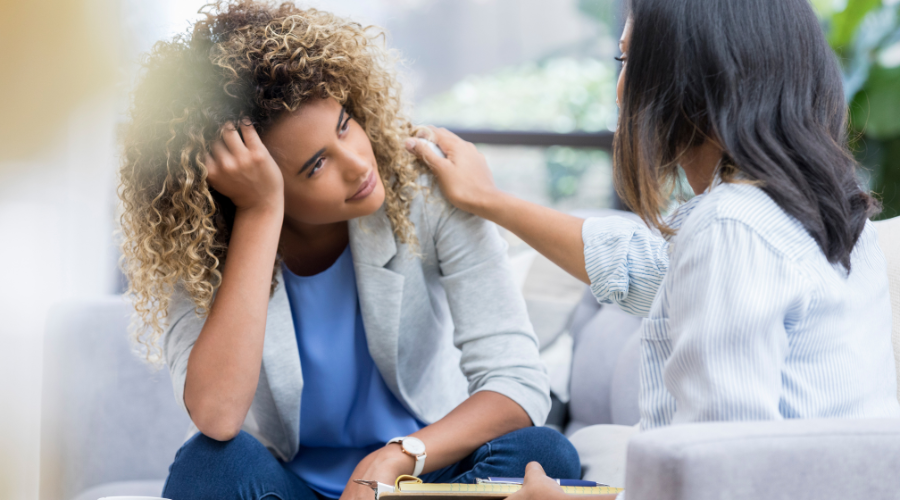Minimalist Approach to Mental Health

I am a person specialized in minimalism, with a background…
In a world often characterized by noise, clutter, and constant stimulation, the minimalist approach to mental health offers a refreshing alternative. Rooted in the principles of simplicity and intentional living, minimalism advocates for reducing excess whether physical possessions, commitments, or mental clutter—in order to prioritize what truly matters. This philosophy extends beyond decluttering physical spaces; it encompasses mental and emotional well-being, promoting a state of calm, clarity, and mindfulness.
Understanding Minimalism and Mental Health
At its core, minimalism is about consciously choosing to live with less. This can involve simplifying your physical environment by decluttering and owning fewer possessions. However, its impact on mental health goes deeper. By minimizing distractions and unnecessary complexities in your life, you create space to focus on what brings you joy, fulfillment, and peace of mind.
Decluttering the Mind
Our minds are often bombarded with information, responsibilities, and expectations, leading to mental fatigue and overwhelm. Adopting a minimalist mindset involves:
- Setting Priorities: Identifying and focusing on what truly matters to you can help in making informed decisions and reducing stress.
- Practicing Mindfulness: Being present in the moment and paying attention to your thoughts and feelings without judgment can alleviate anxiety and improve overall well-being.
- Limiting Media Consumption: Constant exposure to news, social media, and entertainment can contribute to information overload and negativity. Setting boundaries on media consumption allows for mental clarity and reduces stress.
Embracing Minimalist Habits
Incorporating minimalist habits into your daily routine can significantly impact your mental health:
- Digital Detox: Taking regular breaks from screens and digital devices promotes relaxation and reduces mental fatigue. Disconnecting allows for meaningful connections with oneself and others.
- Simplified Schedule: Streamlining your daily activities and commitments prevents burnout and fosters a sense of control over your time and energy.
- Mindful Consumption: Being mindful of what you consume—whether it’s food, media, or material goods—helps in appreciating quality over quantity and reduces the urge for unnecessary acquisitions.
Minimalism and Stress Reduction
The minimalist lifestyle promotes stress reduction by:
- Creating Physical Space: A clutter-free environment reduces visual and mental distractions, creating a sense of calm and order.
- Financial Freedom: Spending consciously on essential items and experiences rather than accumulating debt or unnecessary possessions can alleviate financial stress.
- Enhancing Relationships: By prioritizing meaningful connections and experiences over material possessions, minimalism fosters deeper relationships and a stronger support network.
Applying Minimalism to Mental Health Practices
Integrating minimalist principles into mental health practices can enhance overall well-being:
- Mindful Meditation: Practicing mindfulness meditation cultivates awareness, reduces stress, and promotes emotional resilience.
- Gratitude Journaling: Reflecting on and appreciating simple pleasures and positive experiences can shift focus from lack to abundance.
- Self-Care Rituals: Engaging in self-care activities such as yoga, nature walks, or hobbies promotes relaxation and boosts mood.
Minimalism Beyond Materialism
Minimalism extends beyond physical possessions to encompass mental and emotional well-being. It encourages intentional living, where every decision and action aligns with your values and goals. By simplifying your life and letting go of unnecessary distractions, you create space for personal growth, creativity, and inner peace.
Conclusion
In a fast-paced world filled with distractions, adopting a minimalist approach to mental health offers a pathway to clarity, calm, and contentment. By decluttering your physical space, simplifying your commitments, and nurturing mindful practices, you can enhance your overall well-being and cultivate a deeper connection with yourself and others. Embracing minimalism isn’t just about reducing material possessions; it’s about reclaiming your time, energy, and mental clarity to live a more meaningful and fulfilling life.
3.5
What's Your Reaction?
I am a person specialized in minimalism, with a background in behavioral analysis and human development. My passion is to simplify communication and help people focus on what is essential, both personally and professionally. I use my knowledge of human behavior to create content that promotes clarity and purpose, inspiring positive and lasting transformations. I believe that less is more, and my mission is to convey this philosophy through words.



